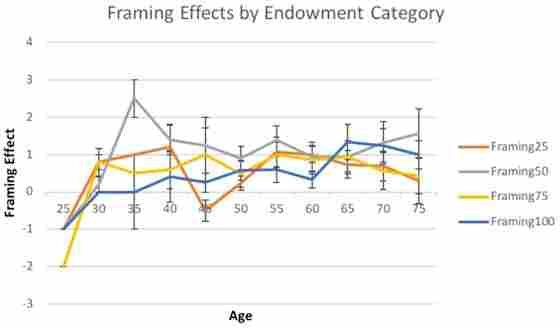Overview
Older adults represent a large proportion of the world’s population and thus, the ability of the aging population to make complex decisions affects us all. However, aging populations are the most vulnerable to financial scams, making them an easy target for abuse. The reason for changes in decision-making ability in this population is often assumed to be age-related; however, this study aimed to understand the influence of age on susceptibility to biases in decision making, the influence of age-related cognitive changes, and the other individual factors such as gender and education on susceptibility to biases.Participants of all ages completed an extensive battery of cognitive tests to assess executive function, memory and complex attention. The results indicated that abilities such as strategic control and delayed memory better predicted vulnerability to decision-making biases than did age. This is significant because it demonstrates that age may not be as influential a factor in decision-making as cognitive abilities. These findings should motivate future work to further characterize the cognitive abilities involved in decision making vulnerabilities, and work to introduce interventions to remediate cognitive abilities, especially in the aging population.
Figure 4 shows the framing effects on the different ages of participants in this study. It was shown in this analysis that there was only a significant age-related framing effect for the $100 endowment of the gambling task





